Research
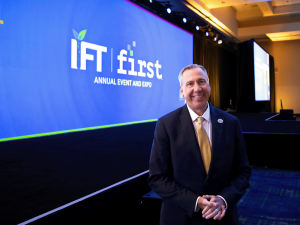
July 18, 2025
A ‘first’ for Mizzou
The IFT FIRST conference ran July 13-16, and Mizzou was front and center, as CAFNR’s own Vice Chancellor and Dean Christopher Daubert helped host and kick off the event as IFT’s president, including sharing a welcome at the opening keynote, cutting the ribbon to officially open the expo, and much more.

July 14, 2025
CAFNR researchers engineer plants for optimal biofuel production
Arabidopsis may seem like a simple plant, but at the University of Missouri, plant biochemist Jay Thelen is using it as a powerful model to explore ways to boost oil production — an important step toward creating more sustainable, plant-based energy sources.
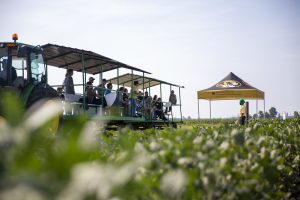
July 11, 2025
T.E. “Jake” Fisher Delta Research, Extension and Education Center to host third annual Ag Research Expo
University of Missouri’s T.E. “Jake” Fisher Delta Research, Extension and Education Center (FD-REEC) invites the public to its third annual Ag Research Expo Wednesday, Aug. 6, in Portageville, Mo.
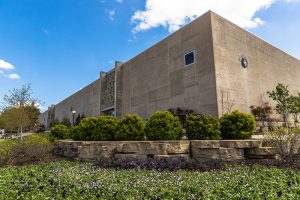
July 9, 2025
2025 CAFNR Dissertation Research Improvement Grants (C-DRIG) winners announced
The CAFNR Dissertation Research Improvement Grants (C-DRIG) are offered through the CAFNR Office of Research. The C-DRIG grant supports up to $2,000 or partially support dissertation research projects proposed by doctoral students in the College.
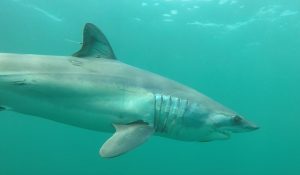
June 17, 2025
From fear to fascination: Mizzou wildlife ecologist challenges misconceptions about sharks
Growing up outside New York City, Michael Byrne was hooked on sharks from the start. As a child, he’d press play repeatedly on the same worn-out VHS tape, completely transfixed by a PBS documentary on the sleek, powerful predators.
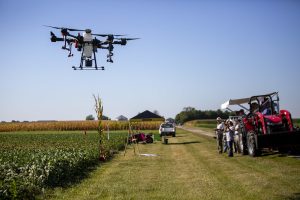
June 17, 2025
Northern Missouri Research, Extension and Education Center hosts 2025 field day
The event will take place at the Lee Greenley Jr. Memorial Research Farm just outside of Novelty, Missouri, and participants will learn about the latest in agricultural research with real-world applications.
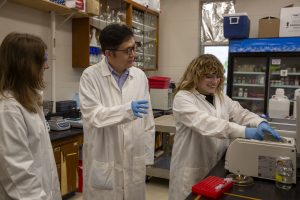
June 11, 2025
Mizzou scientists create a novel genetically engineered pig model for early-onset Alzheimer’s disease
In a groundbreaking step toward understanding — and ultimately — preventing Alzheimer’s disease, CAFNR researchers created a novel genetically engineered pig model that mirrors a key genetic mutation found in humans with early-onset Alzheimer’s.
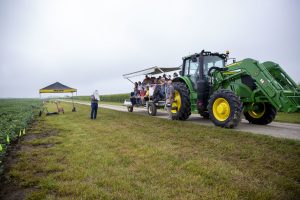
June 10, 2025
Mizzou field days set for sites across state
Ag centers to host producers, share innovations and practices.
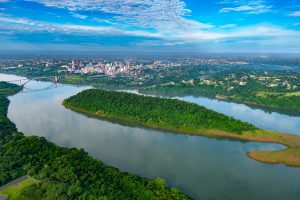
June 5, 2025
SNR researcher dives into Paraguayan fish conservation with Fulbright Award
Allison Pease, assistant professor in the School of Natural Resources at Mizzou’s College of Agriculture, Food and Natural Resources, has received a Fulbright U.S. Scholar Award to support an ambitious six-month research project in Paraguay focused on conserving the country’s diverse river fish populations.
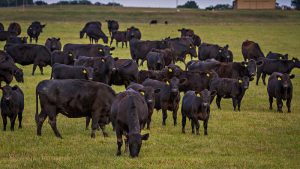
May 30, 2025
Hot genes: CAFNR scientist earns Fulbright to study heat-resistant cattle in India
Behura will travel to Odisha, India, in two separate four-month visits to partner with researchers at Utkal University. There, he will study how native cattle breeds are genetically and epigenetically adapting to increasingly intense and prolonged heat conditions.